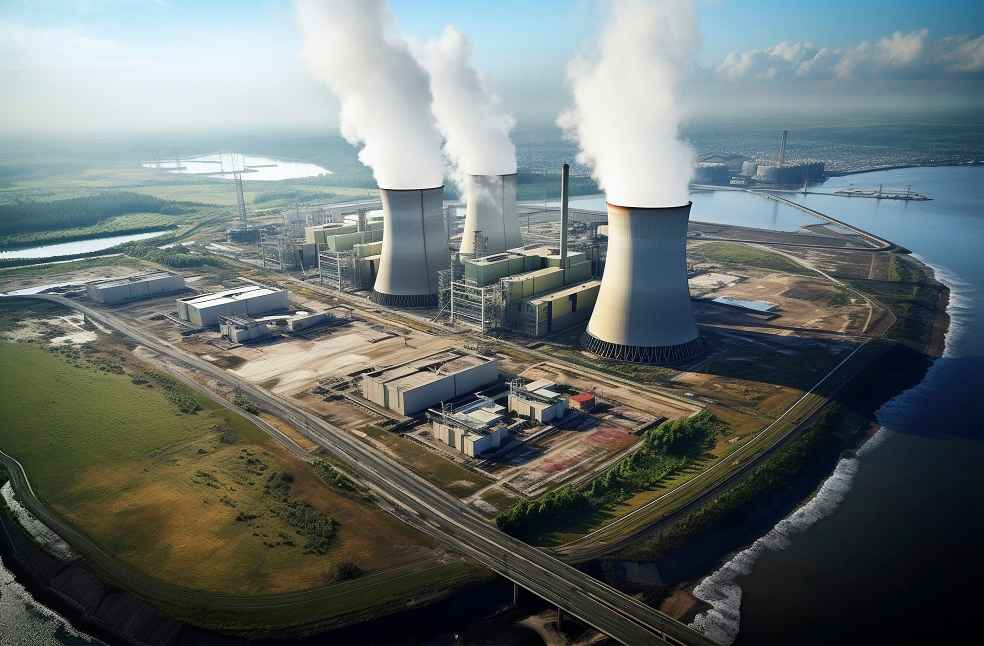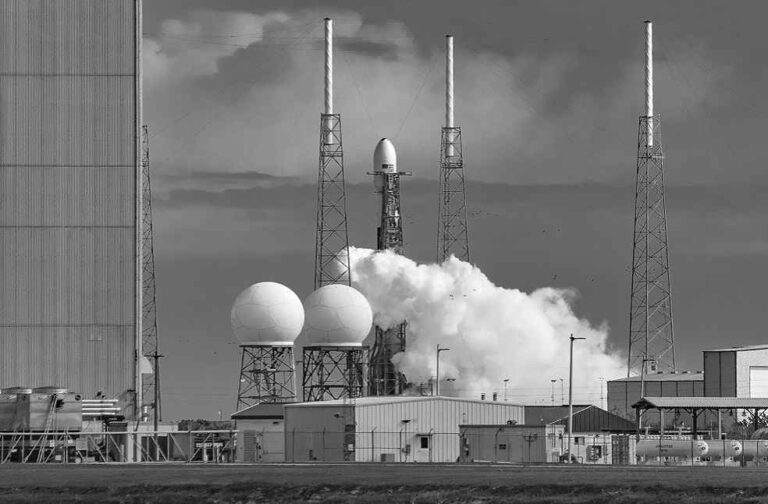Tokyo: The Fukushima Daiichi nuclear complex operator in Japan has postponed its first attempt to remove a small amount of melted fuel from one of the reactors damaged in the 2011 disaster. The trial extraction was scheduled for Thursday but was halted due to issues discovered during the final preparations.
Tokyo Electric Power Company Holdings Inc. (TEPCO), responsible for managing the Fukushima site, identified setup errors in the debris retrieval device, prompting the suspension of the operation. The company has not provided a new date for when the extraction will be attempted again.
TEPCO’s effort to remove even a few grams of fuel debris from the No. 2 unit represents a significant step in the complex’s long-term decommissioning process. However, methods for removing the remaining melted fuel from reactors No. 1 to 3 have yet to be determined, underscoring the challenges that lie ahead in the plant’s decommissioning, which is expected to take several decades.
TEPCO President Tomoaki Kobayakawa, speaking in Niigata Prefecture, emphasized the importance of safety in the process. “It is better to carry on with the work safely and steadily rather than rushing,” Kobayakawa said, reinforcing the company’s cautious approach.

The Fukushima Daiichi plant, located on Japan’s Pacific coast, was severely damaged on March 11, 2011, when a 9.0-magnitude earthquake triggered a massive tsunami. The resulting 10-meter-high waves flooded the plant, causing power outages that led to the meltdown of multiple reactors.
TEPCO initially planned to begin debris retrieval from the No. 2 unit in 2021 but faced delays due to the COVID-19 pandemic and technical challenges. The current postponement marks another setback in the ongoing effort to safely decommission the plant and manage the remnants of one of the world’s worst nuclear disasters.
MSOT READ | Activists oppose lowering legal marriage age to 9 for girls in Iraq



